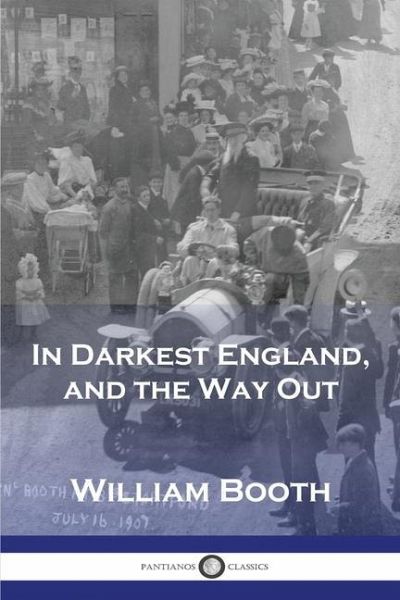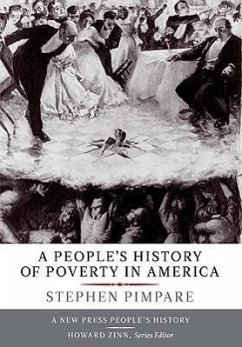
In Darkest England, and the Way Out
Versandkostenfrei!
Versandfertig in 1-2 Wochen
13,99 €
inkl. MwSt.
Weitere Ausgaben:

PAYBACK Punkte
7 °P sammeln!
In Darkest England, and the Way Out is the Salvation Army's socially conscious treatise regarding the dire situation of the impoverished lower classes in England. First published in 1890 at a time of great hardship for working class people, this book was the charity founder William Booth's attempt at publicizing the desperate straits many ordinary people found themselves in. A rallying cry for preventing and acting against stark poverty, the book poignantly captures the mass degradation of the poor which characterized late Victorian Britain. Within its pages we also see the early philosophy by...
In Darkest England, and the Way Out is the Salvation Army's socially conscious treatise regarding the dire situation of the impoverished lower classes in England. First published in 1890 at a time of great hardship for working class people, this book was the charity founder William Booth's attempt at publicizing the desperate straits many ordinary people found themselves in. A rallying cry for preventing and acting against stark poverty, the book poignantly captures the mass degradation of the poor which characterized late Victorian Britain. Within its pages we also see the early philosophy by which the Salvation Army operated. Booth categorizes various people who approach the organization for assistance, from the misfortunate who are out of work, to those with alcohol and substance abuse problems, to petty criminals seeking to reform their ways. To this day, the swift development of an organized response to the various causes of poverty forms part of the organization's success. Highlights include accounts from individual persons who had received support from the Salvation Army. These accounts put a human face and act to counterbalance the more data-heavy portions of the text. Stories include women rescued from neglect; older men experiencing employer ageism in spite of their skills; missing persons found thanks to communication between branches of the charity; and lives dramatically turned around. Although William Booth put his prominent name to the publication, it is agreed that most of this book was written by the passionate investigative journalist W. T. Stead. In researching the text, Stead would visit many of the kitchens and facilities set up by the Salvation Army, which in the years after its founding encountered no shortage of people in dire need within Europe and North America.














